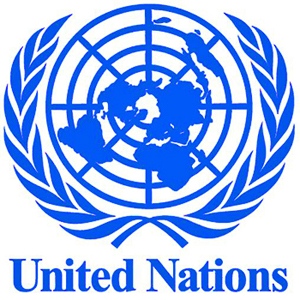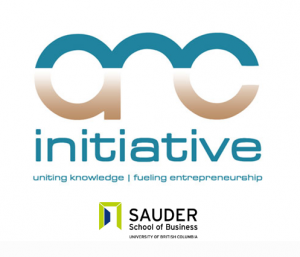
United Nations Logo from: http://static.spplus.com/
The UN is an international organization of 193 member states. According to the Charter, found at www.un.org, it has four main goals all members work towards;
1) Maintaining international peace and security
2) Developing friendly relations among nations
3) Cooperating in solving international problems and in promoting respect for human rights
4) Being a centre for harmonizing the actions of nations.
By upholding these beliefs, it helps resolve international conflicts and formulates policies on matters affecting the entire world. However, even if it were fully funded, I believe the UN would not be as effective in dealing with some of the issues in particular countries as the Arc initiative or social enterprise would, as it is simply too large.

Photo from: Arc Initiative Facebook Page
With a focus on the exchange of knowledge and business skills, the Arc Initiative at the Sauder School of Business sends students over to communities in South Africa, Ethiopia, Colombia and Rwanda. Through internships and workshops, they are directly immersed in the businesses they are trying to help. This would give them a specific understanding of the organization, and the problems it faces. A company would be much better benefited through this initiative as opposed to through the UN, which has its own broad goals and lacks focus. An organization that large would often misallocate funds, and have difficulty communicating with those they are trying to help due to lack of understanding.
Similarly, social entrepreneurs target a specific problem their country/community faces and works to solve it in a mission driven, strategic way. They specialize in a particular problem they understand very well, perhaps as a result of actually facing or having faced its consequences. Thus, any resources acquired will be used wisely and effectively.



